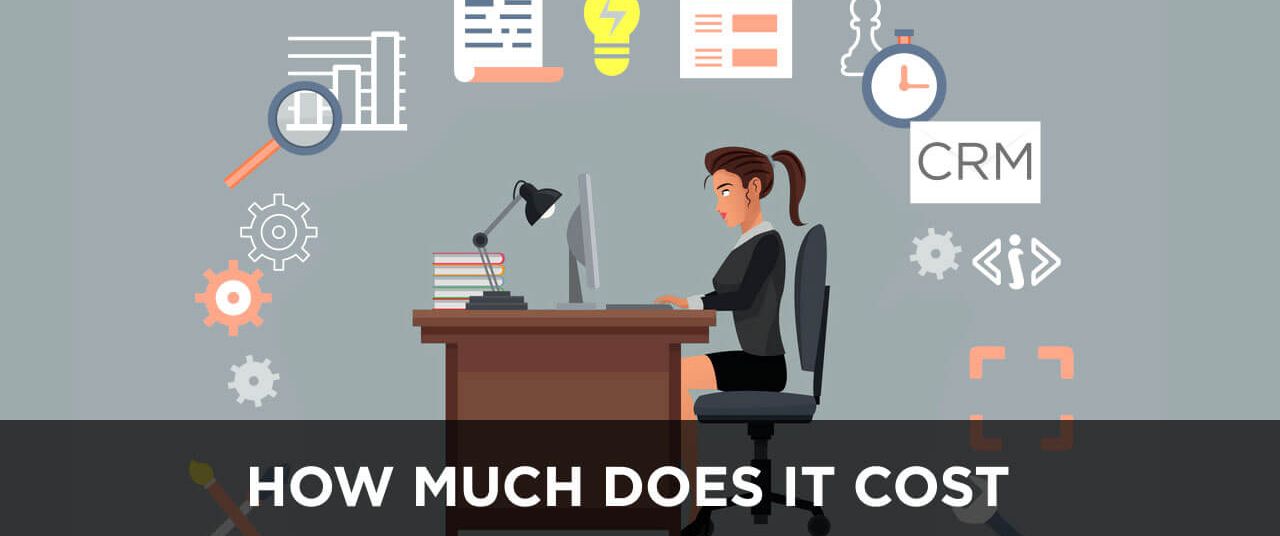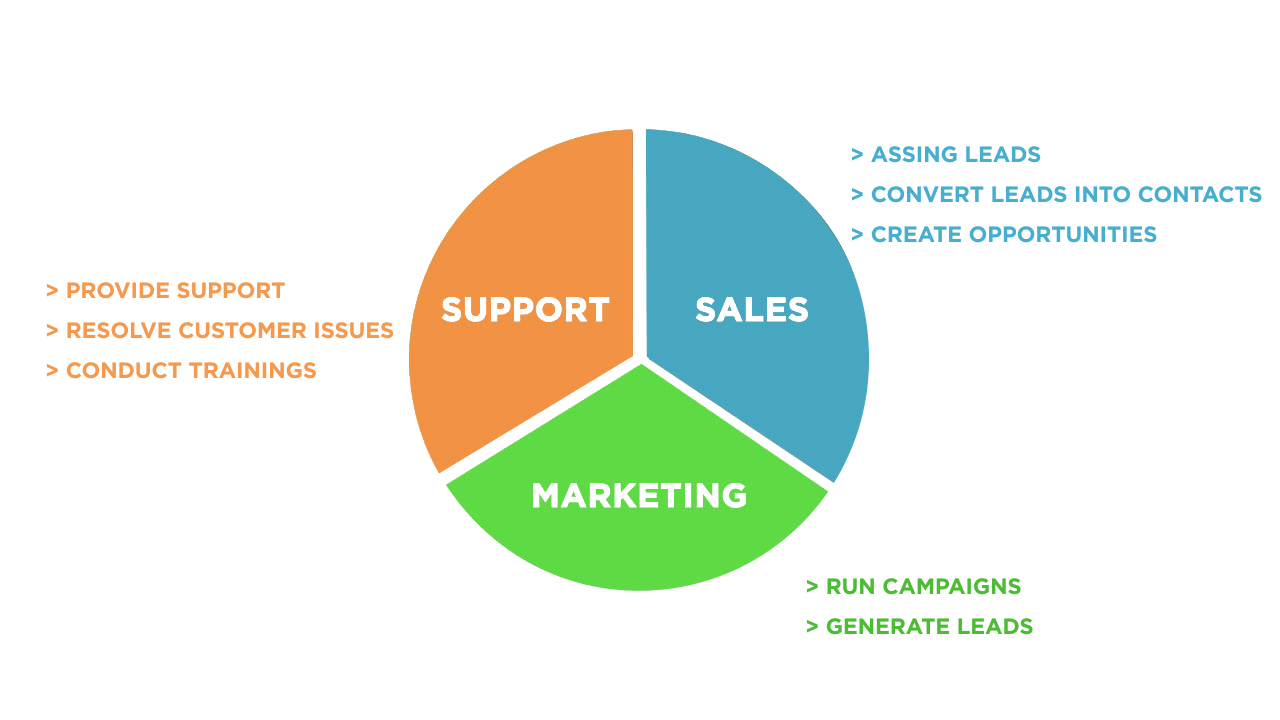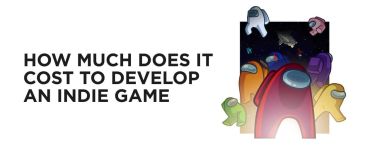How Much Does It Cost to Develop Custom CRM Software?

Customer Relationship Management (CRM) systems help businesses manage all their data. This includes sales, contacts, current processes, and post-sale services. Any CRM is focused on improving business forms. It becomes easier to manage deals, promoting, and client support. To make a custom CRM, you’ll have to execute functionalities for every division.
CRM Types
A CRM system helps businesses to analyze customers’ behavior, needs, and problems. It aims to provide excellent assistance and motivate customers to further cooperation. In this article, we are considering Analytical, Collaborative, and Operational types of CRM.
Operational
Operational CRM eases sales, service, and marketing mechanisms. This kind of CRM aims to save your new contacts, catch every important item, and provide full client service.
Automated Sales
Automated sales simplify all transactions and deals management. You can analyze data and figure out a certain order to get new clients and manage current ones in a company, as well as operating with data to meet clients’ issues and cut profitable and successful deals. Every custom CRM should have customizable modules to adapt the system for a business and create a required number of modules.
Automated Service
Automated service empowers businesses to provide customers with the best service quality. If there are any problems that a customer can-not solve by him/herself, then a CRM will inform a manager. All the data about current customers’ issues are available in one spot. CRM informs managers that there is a problem existing and what they have to do to help a client. All this boosts both sides to build strong and long-lasting relationships.
Automated Marketing
Discovers relevant ways to present items and catch a customer’s eye. Allows tracking which of the contacting methods with a particular client is the most effective. The most powerful thing that automated marketing gives you is campaign management. Relying on this information, you get a key to successful advertising campaigns, which will also help to manage your budget, and find the best way to communicate with clients, like e-mails, calls, social media, etc.
Analytical
Analytical CRM structures back-office operations and data analysis. It deals with all the operations and processes that don’t contend with customers. There’s a key distinction between Operational CRM and Analytical CRM. The operational system works with direct interaction with customers and their needs. Analytical is intended to research the customer’s data and knowledge. It uncovers or discloses the essential consumers’ behavior. A client usually doesn’t know that a system analyzes this information. Companies, in turn, predict the demand for certain products and offer services that correspond with a client’s interests. This allows influencing of the customers’ satisfaction.
Analytical CRM stores such important data as:
- Sales (preferred brands, how many purchases did a client make, how many items were returned),
- Finances (payment capacity, types, history),
- Marketing (participation in advertising campaigns and satisfaction level).
Collaborative
It combines sales, marketing, finance, and service, providing information for all departments. For example, the sales department can get information about how much clients are willing to pay for certain goods. That helps to plan sales campaigns, promotions, or rework existing conditions. This type of CRM is also known as Strategic. The main aim of this type is to increase sales and gain customers’ loyalty.

Problems Solved by CRM
Today heads of organizations are thinking about how the CRM can help a business to grow. These people do realize that they need a CRM for their business, but are still confused about what a CRM will bring to their business. Some things that a CRM can help you with are given below.
Everyday Tasks
- Well-structured database. Get any information you need from one place.
- Automatic client base update. Create automatically, store, and find clients in your base “in two clicks.”
- To-do list. Never miss important tasks, CRM will show and remind of all the activities for a current day.
Help Sales and Marketing
Share content. Track and analyze data to see what exactly helps to close deals and at what time.
Work on the go and from anywhere. To take the control over your business processes, you just need a laptop, phone, or any device connected to the Internet.
Foresee sales. Utilizing the information from sales and marketing departments, a CRM combines it and demonstrates to you the sales patterns for the earlier months and can likewise foresee what your organization’s future holds.
Service
Clients want managers to reply as soon as possible and don’t like to wait for too long. A CRM system can be a tool that can be used to support clients, and managers will get notifications when a client’s report is updated. It helps to reduce the time of reaction and business can accomplish high customer maintenance.
Core CRM System Features
Businesses want to remain competitive so they search for services that will meet all the requirements. We already know that a CRM system can help to take control over the most important business processes and it’s time to think about core features that should be implemented to a CRM system.
Needless to say, every business has its own needs and you should adhere to the specifications of your business when you start a custom CRM project. There are examples of the most common features given below.
 Customization
Customization
The CRM system should be fully customizable. Add as many fields as needed and name them. Color changes, priority marks, alarms, notifications, etc.
 Web Forms
Web Forms
Customizable web forms provide you with relevant information like emails, addresses, clients’ names, phone numbers, etc. In addition, all that information is automatically imported into your CRM and can be sorted by any values.
 Pipeline Management
Pipeline Management
Pipeline management is a particular scheme that assists you to advance your sales. Pipeline management is key for keeping a healthy sales process. Put a client across the whole pipeline to understand goals, needs, and key factors. The pipeline also helps to understand at what stage there is a particular client.
 Email Integration
Email Integration
Email integration ensures that you can follow any communication and get everything from one spot. Add and link emails to deals and contacts automatically, customize templates, search emails for various criteria.
 Activities and Goals
Activities and Goals
Create any number of activities and goals, customize everything to your liking. View planned or current goals and activities not to forget something.
 Sales Reporting
Sales Reporting
Take control over the sales pipeline at any stage you want. Check goals, new and current deals, the average number of deals for a certain period. Apply custom filters to get only required reports, for example, sorted by date.
 Sales Forecasting
Sales Forecasting
Get information about almost closed and next deals together with already closed ones. That helps to prioritize deals and plan work around that.
 Google Apps Integration
Google Apps Integration
A CRM syncs with Google Apps and all the changes or corrections made in the CRM are automatically saved in Google Apps and contrariwise. For example, calls scheduled in a CRM appear in Google Calendar at the same time. In addition, Google Apps integration allows sharing of docs, presentations, sheets, etc.
 API
API
When an application interface connects to the Internet and sends information to a server, the server gets information and sends it back to the application. The application translates information and presents the data you need. This is how an Application Program Interface (API) works.
 Apps Integrations
Apps Integrations
There are two ways to integrate applications into your CRM: coding and using third-party resources. Coding will just need time and a resource needs money every month, for example, Zapier. It is a service that can integrate more than 1500 apps into your CRM. But you have to pay up to $300+ per month for that. The sum depends on how many apps you want to integrate. But it does save you time and bug trouble, unlike the code option.
 User Permissions
User Permissions
Give different rights to CRM users. Adjust access levels to certain information and ability to manage profiles, contacts, and other web forms.
 Multi-currency
Multi-currency
Add the currency of the countries of the world or invent your own inside the company to evaluate products.
How Much Does It Cost to Develop CRM Software
Take a look at the pricing of some popular CRM sellers like HubSpot or Salesforce. You can do some quick math and count how much you will pay annually for using a CRM system from a vendor. For example, go to HubSpot. The enterprise access starts from $3,200 per month. So, using that CRM will cost approximately $38,400 per year. Moreover, they charge a one-time fee of $6,000, so the first year will cost you $44,400. Imagine how much money you will spend in 5 years. And it doesn’t guarantee that you will get all the options you want or there might be something that you don’t use and will still have to pay for. So the main advantage of a custom CRM behind the scene is having only the necessary functions that you use and secure data storage. You know everything about where the information from your company goes and where is it stored.
We created a CRM calculator, and you can check out the costs of developing a CRM system for your company. But take into account that this sum is only approximate and if you have questions our team will explain the details for you.

 (7 votes, average: 4.43 out of 5)
(7 votes, average: 4.43 out of 5)



William Gardner says:
I’ve read the information that the cost of a fully-custom CRM is likely to start in the $100,000 – 150,000 range. Do you think is it true?
Nick says:
Hello. Your article was very informative and interesting to me. But I have one question. Could you please tell me more about GDPR in CRM?
Victoria Daneeva says:
The accessibility of GDPR is very useful to have in a CRM. Your clients’ information and where it’s put away is the most important today.
With a GDPR-prepared CRM, the framework manages client information more effectively.
For example, if your client wants you to delete all the info about him/herself from your database, you have to respect this, delete and send a confirmation. Or on the other hand, if your client demands an electronic report of all information you have on them in your CRM, you should have the option to create that report for every client.
A one-click arrangement saves time and effort, rather than physically gathering information from numerous databases and profiles.
Artur says:
Can the CRM programs gather information from other programs, ex. Quickbooks?
Victoria Daneeva says:
Yes. The majority of CRM systems offer a method to import/export data from other computer systems. There are also addons available that have a common functionality for a good price.
Mattew says:
I run a few businesses. All of them track leads and other contacts. What is the best free or low-cost CRM solution that integrates with Mac Address Book & iCal & sync to iPhone/web?
Victoria Daneeva says:
The best option for you may not be a CRM, but Google Contacts. It will let you keep track of contacts and all the additional information you want to keep. It can be synchronized with your Mac and iPhone’s Contacts (formerly Address Book) and Calendar (formerly iCal), has built-in export feature, user friendly, and if you use it online, can show recent email conversations and more like an ordinary CRM.